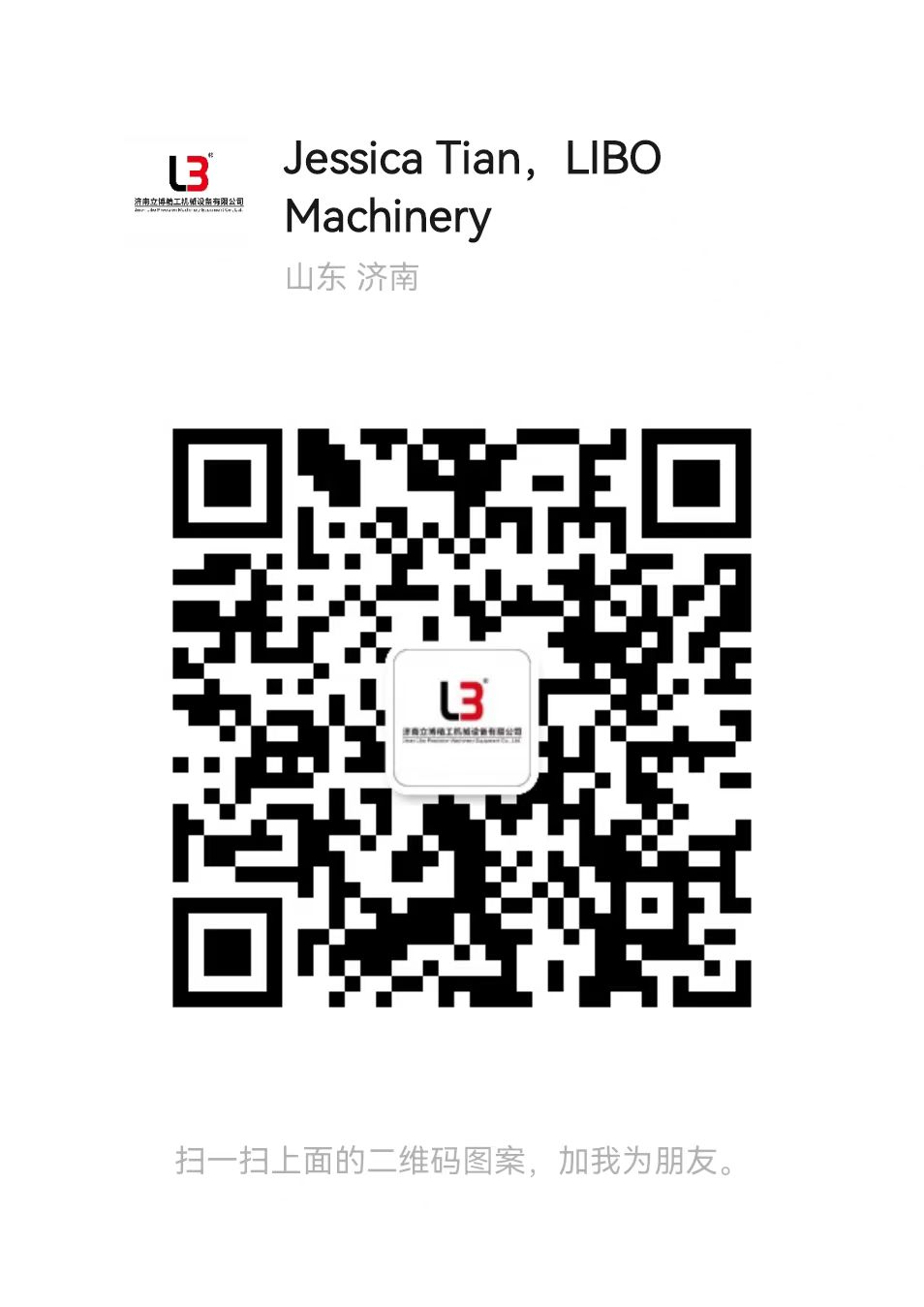- English
- Español
- Português
- русский
- Français
- 日本語
- Deutsch
- tiếng Việt
- Italiano
- Nederlands
- ภาษาไทย
- Polski
- 한국어
- Svenska
- magyar
- Malay
- বাংলা ভাষার
- Dansk
- Suomi
- हिन्दी
- Pilipino
- Türkçe
- Gaeilge
- العربية
- Indonesia
- Norsk
- تمل
- český
- ελληνικά
- український
- Javanese
- فارسی
- தமிழ்
- తెలుగు
- नेपाली
- Burmese
- български
- ລາວ
- Latine
- Қазақша
- Euskal
- Azərbaycan
- Slovenský jazyk
- Македонски
- Lietuvos
- Eesti Keel
- Română
- Slovenski
- मराठी
- Srpski језик
The advantages of composition partition board product line
2023-07-10
Composition partition boards, also known as composite panels or sandwich panels, offer several advantages in various applications. Here are some key advantages of composition partition board product lines:

Lightweight: Composition partition boards are typically lightweight, making them easy to handle, transport, and install. Their lightweight nature reduces structural load requirements and allows for more flexibility in design and construction.
High Strength: Despite their lightweight nature, composition partition boards are engineered to possess high strength and stiffness. They can withstand significant loads and provide structural stability, making them suitable for various applications, including partition walls, ceilings, and floors.
Thermal Insulation: Composition partition boards often incorporate insulating materials, such as expanded polystyrene (EPS) or polyurethane foam, between two facing panels. This design provides excellent thermal insulation properties, helping to maintain comfortable indoor temperatures and reduce energy consumption for heating or cooling.
Sound Insulation: The composition partition boards' construction, with insulation material between panels, also contributes to their superior sound insulation properties. They can effectively reduce noise transmission, making them ideal for applications where soundproofing is necessary, such as offices, conference rooms, or recording studios.
Fire Resistance: Many composition partition boards are manufactured to be fire-resistant or fire-rated. They are designed to withstand high temperatures and provide a barrier against the spread of fire. This feature enhances safety and allows for compliance with building codes and regulations.
Moisture Resistance: Composition partition boards are often engineered to be moisture-resistant or waterproof. This makes them suitable for use in areas prone to moisture, such as bathrooms, kitchens, or basements. Moisture resistance helps prevent damage caused by water infiltration, such as warping, swelling, or mold growth.
Versatile Applications: Composition partition boards can be used in a wide range of applications, including residential, commercial, industrial, and institutional buildings. They are suitable for creating partition walls, ceilings, floors, doors, and furniture. Their versatility allows for creative and flexible design options.
Cost-Effective: Composition partition boards can offer cost savings compared to traditional construction methods. They are typically prefabricated, allowing for faster installation and reduced labor costs. Additionally, their lightweight nature reduces transportation costs, and their thermal insulation properties can contribute to energy savings over time.
Environmentally Friendly: Many composition partition boards are manufactured using eco-friendly materials, such as recycled content or low-emission additives. They contribute to sustainable construction practices by reducing waste and minimizing the environmental impact.
Overall, composition partition board product lines provide numerous advantages, including lightweight construction, high strength, thermal and sound insulation, fire and moisture resistance, versatility, cost-effectiveness, and environmental friendliness. These advantages make them a popular choice in modern construction and design.

Lightweight: Composition partition boards are typically lightweight, making them easy to handle, transport, and install. Their lightweight nature reduces structural load requirements and allows for more flexibility in design and construction.
High Strength: Despite their lightweight nature, composition partition boards are engineered to possess high strength and stiffness. They can withstand significant loads and provide structural stability, making them suitable for various applications, including partition walls, ceilings, and floors.
Thermal Insulation: Composition partition boards often incorporate insulating materials, such as expanded polystyrene (EPS) or polyurethane foam, between two facing panels. This design provides excellent thermal insulation properties, helping to maintain comfortable indoor temperatures and reduce energy consumption for heating or cooling.
Sound Insulation: The composition partition boards' construction, with insulation material between panels, also contributes to their superior sound insulation properties. They can effectively reduce noise transmission, making them ideal for applications where soundproofing is necessary, such as offices, conference rooms, or recording studios.
Fire Resistance: Many composition partition boards are manufactured to be fire-resistant or fire-rated. They are designed to withstand high temperatures and provide a barrier against the spread of fire. This feature enhances safety and allows for compliance with building codes and regulations.
Moisture Resistance: Composition partition boards are often engineered to be moisture-resistant or waterproof. This makes them suitable for use in areas prone to moisture, such as bathrooms, kitchens, or basements. Moisture resistance helps prevent damage caused by water infiltration, such as warping, swelling, or mold growth.
Versatile Applications: Composition partition boards can be used in a wide range of applications, including residential, commercial, industrial, and institutional buildings. They are suitable for creating partition walls, ceilings, floors, doors, and furniture. Their versatility allows for creative and flexible design options.
Cost-Effective: Composition partition boards can offer cost savings compared to traditional construction methods. They are typically prefabricated, allowing for faster installation and reduced labor costs. Additionally, their lightweight nature reduces transportation costs, and their thermal insulation properties can contribute to energy savings over time.
Environmentally Friendly: Many composition partition boards are manufactured using eco-friendly materials, such as recycled content or low-emission additives. They contribute to sustainable construction practices by reducing waste and minimizing the environmental impact.
Overall, composition partition board product lines provide numerous advantages, including lightweight construction, high strength, thermal and sound insulation, fire and moisture resistance, versatility, cost-effectiveness, and environmental friendliness. These advantages make them a popular choice in modern construction and design.


